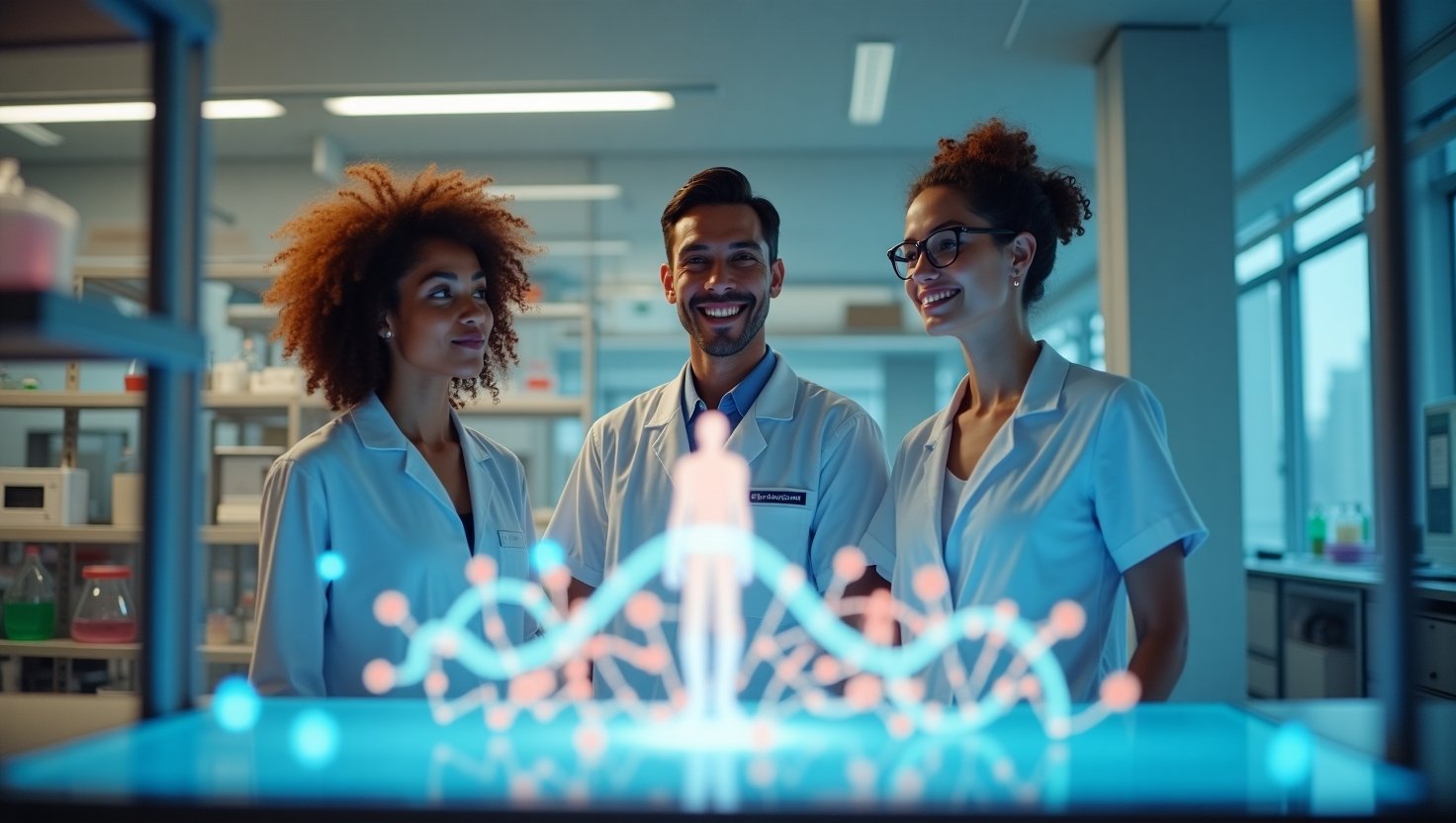Exploring the Impact of AI in Healthcare: Transforming the Future of Medicine
Introduction
In recent years, Artificial Intelligence (AI) has revolutionized a multitude of industries, with healthcare being at the forefront of this transformation. AI Healthcare is reshaping how we perceive and interact with medical data, diagnose ailments, and customize patient care. The advent of AI technologies in healthcare is not just a local phenomenon but a global movement poised to redefine modern medicine’s very core. This compelling topic has captivated the interest of medical professionals, technologists, and policymakers alike, as the potential for profound improvements in patient outcomes and healthcare efficiency continues to grow.
Background
AI Healthcare refers to the incorporation of artificial intelligence technologies into medical and health-related settings. Key components include machine learning algorithms, data analytics, and natural language processing, which collectively enhance various healthcare processes. Precision Medicine, a burgeoning branch under AI Healthcare, focuses on tailoring medical treatment to individual patients based on their genetic profile, lifestyle, and environment. This individualized approach is where AI intersects significantly with Genomics, the study of an organism’s complete gene set. The integration of AI with Genomics paves the way for breakthroughs in diagnosing, treating, and even preventing diseases at unprecedented rates and accuracies.
Trend: The Rise of AI Diagnostics
AI Diagnostics represent one of the most significant advancements in AI Healthcare, enabling the swift and accurate identification of various medical conditions. Current statistics highlight that AI-driven diagnostics have improved accuracy rates by up to 50% in certain areas over traditional methods. For instance, AI algorithms can now evaluate medical images with greater precision, aiding radiologists in detecting cancers or neurological disorders sooner than ever before. Real-world applications of AI Diagnostics extend across hospitals worldwide, including notable advancements in countries like Saudi Arabia, UAE, and Qatar. These GCC nations are increasingly integrating AI into their healthcare systems to keep pace with global trends and infrastructure demands.
Insight: Convergence of Healthcare, Genetics, and AI
The intersection of AI, Genomics, and Precision Medicine heralds a new era of healthcare innovation. This convergence fosters personalized treatment plans that cater to individual patient needs, heightening the impact and effectiveness of medical interventions. Nevertheless, this transformation poses significant challenges for existing health infrastructures, which were originally not designed to accommodate such integration. As noted in a comprehensive analysis of global healthcare trends, \”Most health systems were never designed to support this kind of integration.\” This notion underscores the urgent need for updated systems that can manage these technological advancements effectively (Source: HackerNoon).
Forecast: The Future of AI in Healthcare
Looking ahead, the journey of AI Healthcare is one of continuous innovation and expansive growth. Over the next decade, we can expect to see the emergence of new AI technologies that will further refine diagnostic precision, enhance personalized medicine, and improve patient monitoring systems. These advancements will likely diversify patient care approaches and treatment outcomes. With GCC countries leading many healthcare innovations, they are set to pioneer advancements, establishing themselves as key players in the global AI Healthcare landscape.
Call to Action
As AI continues to evolve, it is crucial for stakeholders in the medical industry and interested readers to stay informed about AI developments in healthcare. Whether you’re a healthcare professional, policymaker, or tech enthusiast, exploring these emerging technologies could prepare you better for what lies ahead. For those eager to delve deeper, articles like this one offer further insights into how different regions are adapting to these changes. Share your thoughts and contribute to discussions on how AI Healthcare could shape our medical future.

